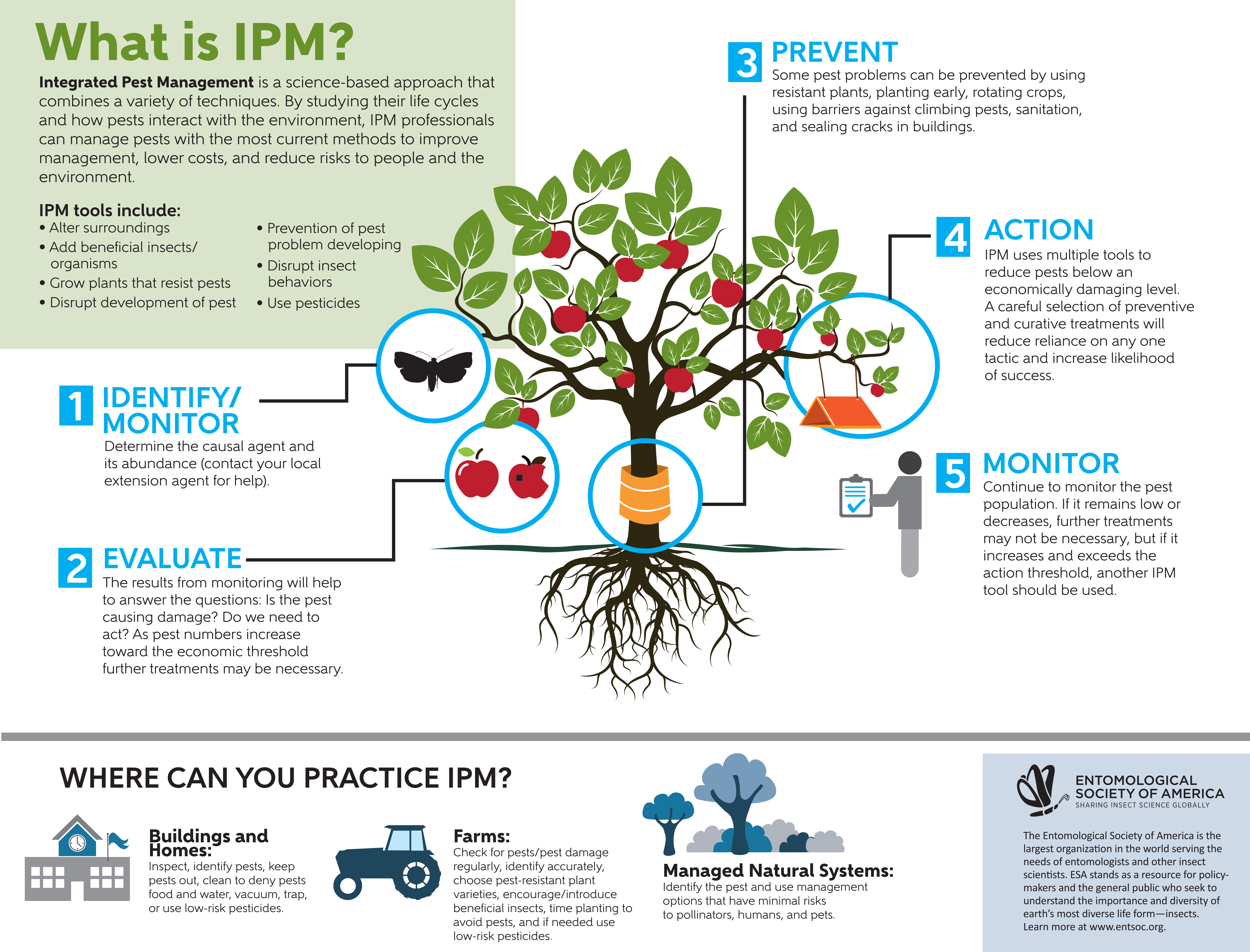Tips For Keeping Outside Bugs Away From Your Yard
Tips For Keeping Outside Bugs Away From Your Yard
Blog Article
Write-Up By-Lambertsen Sharma
Envision your yard as a shelter, an area of peace and beauty. Nonetheless, the presence of outdoor bugs can quickly disrupt this picturesque photo. Suppose there were simple yet effective ways to maintain these unwanted site visitors away and secure your yard sanctuary? By complying with a few practical tips and executing natural approaches, you can produce a harmonious exterior area where your plants can grow uninterrupted.
Natural Parasite Deterrents
To keep insects far from your garden naturally, plant fragrant natural herbs like mint and lavender. https://louisplezt.dreamyblogs.com/26962802/lurking-within-your-home-are-hidden-health-dangers-postured-by-household-insects-uncover-the-surprising-dangers-that-may-be-right-under-your-nose smelling plants not just add elegance to your garden however also act as reliable insect deterrents. Parasites like mosquitoes, flies, and even some garden-damaging insects are warded off by the solid scents released by these natural herbs. Simply putting them purposefully around your garden can help develop an all-natural barrier against unwanted insects.
Along with visit web site and lavender, take into consideration planting other herbs like rosemary, basil, and lemongrass to better improve your yard's pest-proofing capacities. These herbs not only work as natural repellents but additionally have the included advantage of working in cooking or crafting self-made remedies.
Strategic Plant Positioning
Consider the design of your yard and the sorts of plants you have to tactically position them for optimum pest-proofing performance.
Start by organizing plants with comparable resistance to pests with each other. By doing this, you can create a natural obstacle that prevents pests from spreading throughout your yard.
Additionally, putting pest-repelling plants like marigolds, lavender, or mint near even more vulnerable plants can aid secure them. High plants, such as sunflowers or corn, can work as a guard for much shorter plants against pests like rabbits or ground-dwelling pests.
read more in mind to leave adequate space in between plants to improve air flow and lower the risk of illness that pests might carry.
Additionally, take into consideration planting strong-smelling herbs like rosemary or basil near vulnerable plants to perplex bugs' senses and make it harder for them to situate their targets.
Reliable Parasite Control Approaches
For combating yard pests effectively, executing a multi-faceted parasite control strategy is essential. Start by urging all-natural predators like birds, ladybugs, and hoping mantises to assist maintain bug populations in check. Introducing plants that bring in these valuable insects can help in pest control. In addition, practicing excellent yard hygiene by removing debris and weeds where bugs may conceal can make your yard less welcoming to undesirable visitors.
Consider using physical obstacles such as row cover fabrics or netting to secure at risk plants from bugs like caterpillars and birds. Using natural chemicals like neem oil or insecticidal soap can also be effective versus certain bugs while being less hazardous to useful pests and the setting. It's crucial to rotate your plants each period to prevent the accumulation of parasite populaces that target particular plants.
Regularly check your plants for indications of parasite damage so you can act promptly. By integrating these techniques and staying cautious, you can properly control yard insects and take pleasure in a flourishing, pest-free garden.
Conclusion
So, there you have it - with the appropriate strategies, you can maintain pesky outdoor insects far from your yard and help your plants grow.
Did you understand that planting mint has been revealed to push back mosquitoes and various other bugs, reducing the requirement for harmful chemicals by as much as 60%?
By integrating natural deterrents and clever growing techniques, you can develop a lovely and pest-resistant garden sanctuary for you to delight in.
